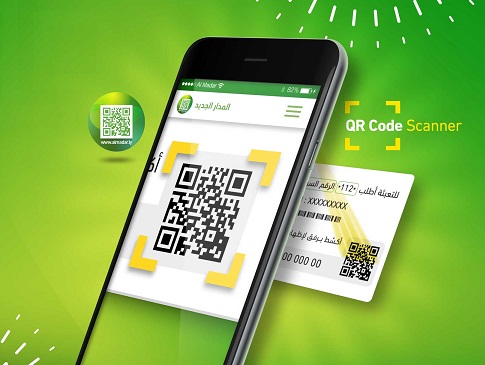By Sami Zaptia.

London, 29 May 2017:
The Central Bank of Libya (CBL) has announced the launch of its mobile e-payment Services Project in conjunction with Al-Madar mobile phone operator. The CBL said that it expects the services to be operational by August this year.
The CBL explained that it was ‘‘keen to improve and upgrade the level of banking services and promote electronic payment services and distribution channels”, which it explained ”is one of the bank’s most important strategic priorities’’.
Mobile electronic payment services are ‘‘important in improving the development of the Libyan economy and facilitating the flow of funds between users electronically, with the aim of moving from a paper economy to a digital economy, and developing alternative solutions that facilitate buying and selling’’ and to enable ‘‘the progressive dispensing of paper money, the growth of electronic services, and the entrenchment of this culture in society’’, the CBL explained.
The Central Bank added that it had established a partnership with the Madar company, to create a mobile electronic payment service platform, ”to keep abreast of recent developments in banking technology electronic and distribution channels, and to create a strong technological infrastructure that allows for the execution of direct banking transactions, through mobile phones in a safe, streamlined and expeditious manner”.
It will be recalled that Libya has one of the poorest e-banking systems in the MENA and African region as a result of the legacy of the 42 years of the Qaddafi regime which had no interest in developing commerce in the country.
For most of that era state-owned banks dominated the Libyan banking sector acting no more than the distributors of state-sector salaries. Banks were not encouraged to be competitive nor offer any diversified banking services in the rentier state.
Post Libya’s 2011 Arab Spring Revolution, the weakness of Libya’s banking sector was exposed. Libya’s dependence on cash and lack of use of e-banking services exacerbated Libya’s current acute cash shortage. The CBL is hoping that a boost to e-banking services may ameliorate the crisis and reduce the need for it to continue to print new money and pump it into the system with all its inflationary side effects.







